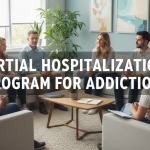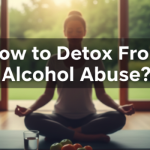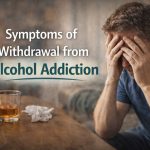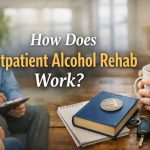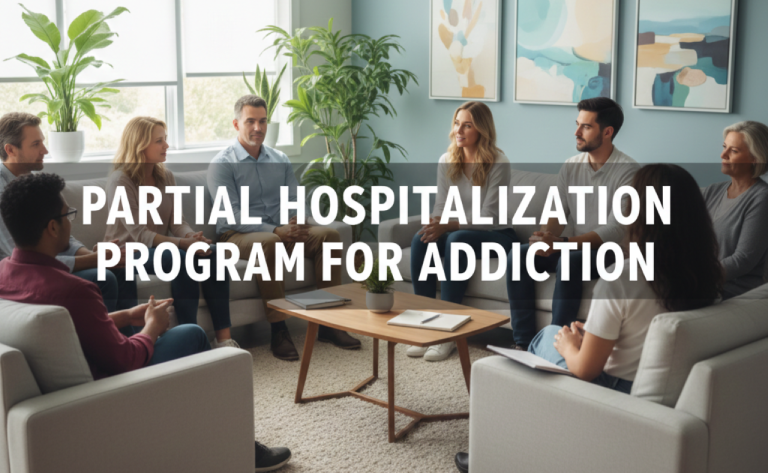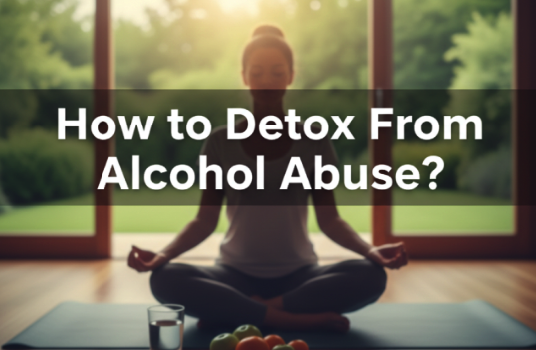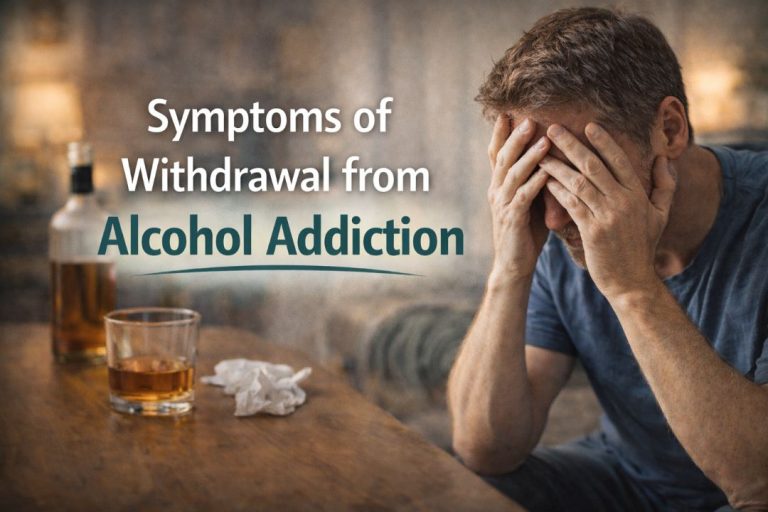Alcohol rehab is a great accomplishment, however, maintaining sobriety after passing through the program may be easier said than done. Recovery from substance dependence entails commitment together with realistic methods that will encourage a relapse free lifestyle. It is now time to explore 9 effective ways to ensure that you stay sober and thrive in life after rehab. In this blog, I’m going to break down nine proven strategies that may help to prevent relapse following alcohol rehab program.
What is Relapse?
Relapse means a situation where a person who has been off alcohol drinks again. This is not a failure – it is a standard process in recovery. They say its just a deviation not a destruction.
Why Do Relapses Happen?
Relapses can occur for several reasons:
Emotional Triggers: Such things as stress, anxiety or depression are some of the factors that can cause a person to develop food cravings.
Social Pressures: Alcohol-diffused circumstances are common and can be difficult to avert, especially during dinner parties.
Underlying Mental Health Issues: Many want to drink when they are anxious or when they have some trauma in their background.
Relapse is Part of Recovery
It is crucial to know that one relapse does not mean that you begin from scratch again. However, it is the time to draw lessons, adapt and improve your post-Covid recovery strategy.
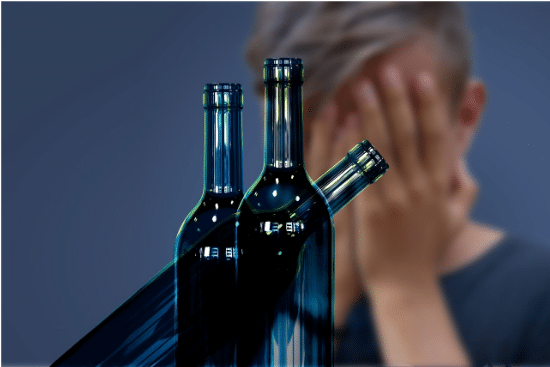
1. Resource: Understand and Identify Triggers
Cravings can be triggered by situations, emotions or people. Common triggers can be stress, ordering and drinking in social situations, or being around environments related to drinking. The first step is identifying what your personal relapse triggers are. Write in a journal recording when and where cravings occur and work with your counselor to help you come up with coping strategies.
2. Start Building a Strong Support Network
After leaving drug and alcohol rehab it’s important to have a solid support network. Encourage yourself to surround yourself with positivity by being surrounded by supportive friends, family, and peers who encourage sobriety. You might try joining organizations such as Alcoholics Anonymous (AA) that provide support for others who are in recovery.
3. Create a Structured Routine
Structure and routine are stable and reduce idle time which could waste your time and temptation. Set your plan to deal with your daily work, exercise, hobby, and relaxation. A good schedule is going to allow you to stay focused and to not go around doing things that might derail your recovery.
4. Set Realistic Goals
Realistic and achievable goals keep you going and create a reason for living. No matter it to improve health, find work, or reconnect with your family, it makes clear goals easier to concentrate on. Here, take a larger goal, break it down into smaller, more manageable steps, and celebrate your progress to keep you motivated.
5. Prioritize Self-Care
Preventing relapse is based on your taking care of your physical and mental health. Overall good health is promoted by getting enough sleep, eating a balanced diet, and doing regular exercise. Try to practice activities that help you relax and become mindful, including meditation, yoga, etc.
6. Get involved with After Care Programs
Long-term recovery requires aftercare. Aftercare services are yet another reason why many alcohol rehab centers are available to get your loved one in. A few suggestions could be offered such as counseling sessions, alumni groups, or regular check-ins with your therapist. Reinforcing these strategies learned in rehab is the aim of these programs, and meanwhile, the encouragement remains.
7. Avoid High-Risk Situations
Proactive strategy to avoid situations that would increase the chance of relapse. Avoid places where there is easy access to alcohol and places where alcohol has its importance. If you must, go with a sober friend as a support system; and exit strategy.
8. Learn how to cope healthily
How will good things come into our life then when we feel stress, anxiety, and emotional challenges are inevitable? Though not everyone will develop unhealthy coping mechanisms, the thing about managing these challenges is that they should not result in alcohol. Work on emotionally releasing feelings through creative outlets, physical exercise, or therapy. If you are working with outside alcohol rehab services, it could be worth considering using a counselor from your outpatient alcohol rehab program to work towards identifying personalized ways to succeed.
9. Continue to Learn Lifelong
Recovery is a never-ending learning. Go to workshops, read self-help materials, and attend recovery-based events to stay informed about addiction and relapse prevention methods. Continuing education keeps you on your toes with potential pitfalls and it reminds you that you still need to be sober.
Conclusion
To prevent relapse, a person needs to be aware of what might make him or her slip, and then be proactive about what can be done to prevent recurrence. These nine strategies are excellent ways to help reduce the risk of relapse and live a cleaner, healthier sober lifestyle. And remember, recovery is a marathon, not a sprint, so it takes constant work and help.

Orlando Treatment Solutions offers comprehensive drug and alcohol treatment services for you or your loved one so you can partake of the supportive care specifically meant for you. Learn more about our alcohol rehab inpatient and outpatient programs by contacting us today at (321) 415-3213. Let us help you get your start on the road to lasting recovery.







